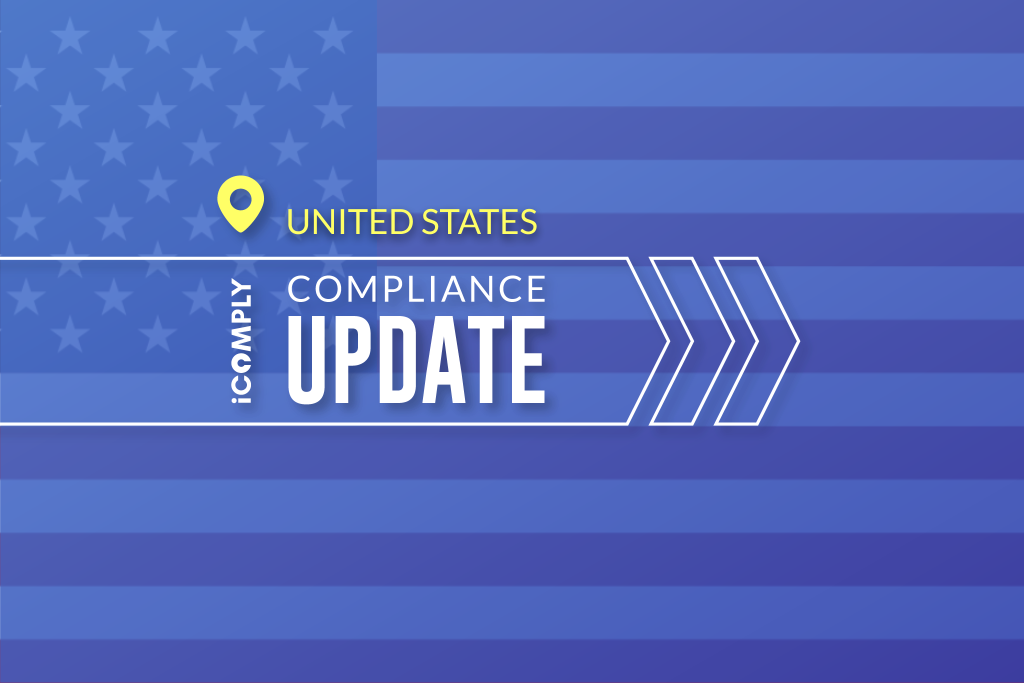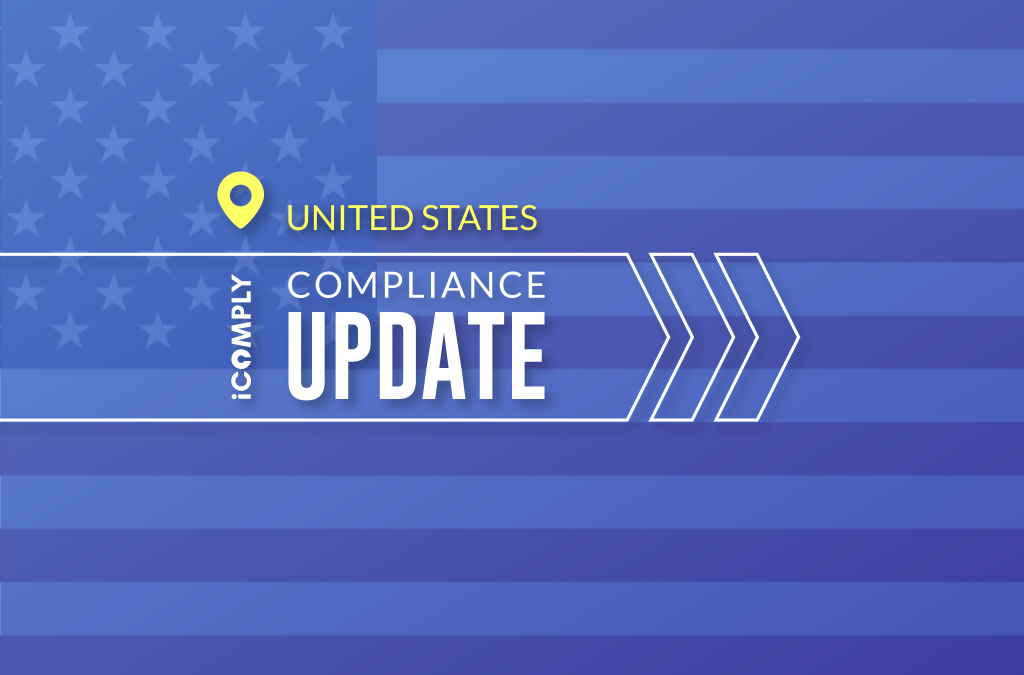Overstock Annual Report Details SEC Investigation Into tZero Security Token

Parent Company of Security Token Exchange tZERO Subpoenaed Twice by the U.S. Regulator at the End of Last Year
What Happened?
March 3, 2020: As disclosed in Overstock’s annual report, one of the subpoenas requested the documents related to the investment made in the company by Chinese private equity firm GSR. The second one was related to Overstock’s insider trading policies.
Source: https://www.sec.gov/Archives/edgar/data/1130713/000113071320000014/ostk-20191231x10k.htm
Who Is Impacted?
Issuers of digital securities, broker-dealers, and alternative trading systems.
Why This Matters?
tZero’s token offering was promoted to investors globally and received a lot of media attention. The information requested by the SEC includes:
– all supporting documents related to a specific blockchain transaction
– written policies related to insider trading activity
Businesses that choose to issue digital securities or security tokens are expected to maintain up-to-date records supporting every transaction. This documentation can include disclosure documents, subscription agreements, source of funds, source of wealth, accredited investor certification, know your client data, and anti-money laundering risk screening reports for an initial offering. For assets trading in a secondary market, there can be even more items for the compliance checklist.
What’s Next?
Board members considering the use of digital securities should understand which regulatory tasks will need to become part of their daily operations and board review. Compliance officers should hold their board accountable for maintaining compliance across each jurisdiction that their tokens enter or trade through.
In most cases, compliance teams can automate over 90% of these activities. This enables a more effective AML program because teams can focus on signals rather than data entry and manual compliance processes.
By integrating validator or multi-sig blockchain functions directly into real-time transaction monitoring, KYC software, and regulatory reporting tools businesses can effectively use digital securities offerings to reduce costs, unlock liquidity, and keep a clean audit trail of the entire process.
learn more
Is your AML compliance too expensive, time-consuming, or ineffective?
iComply enables financial services providers to reduce costs, risk, and complexity and improve staff capacity, effectiveness, and customer experience.
Request a demo today.
Enhancing KYC Processes in Credit Unions to Improve Member Satisfaction
Know Your Customer (KYC) processes are more than just a regulatory requirement—they’re an opportunity to build trust, strengthen relationships, and improve member experiences. While compliance and risk mitigation remain critical goals, enhancing KYC processes with a...
Overcoming Challenges in Customer Due Diligence
Customer Due Diligence (CDD) is vital for financial institutions, but it comes with several challenges. Understanding these challenges and implementing effective solutions is crucial for maintaining robust CDD processes. This...
Implementing Effective Customer Due Diligence Practices
Implementing effective Customer Due Diligence (CDD) practices is essential for financial institutions to manage risks and comply with regulatory requirements. This article explores best practices for CDD implementation and...




